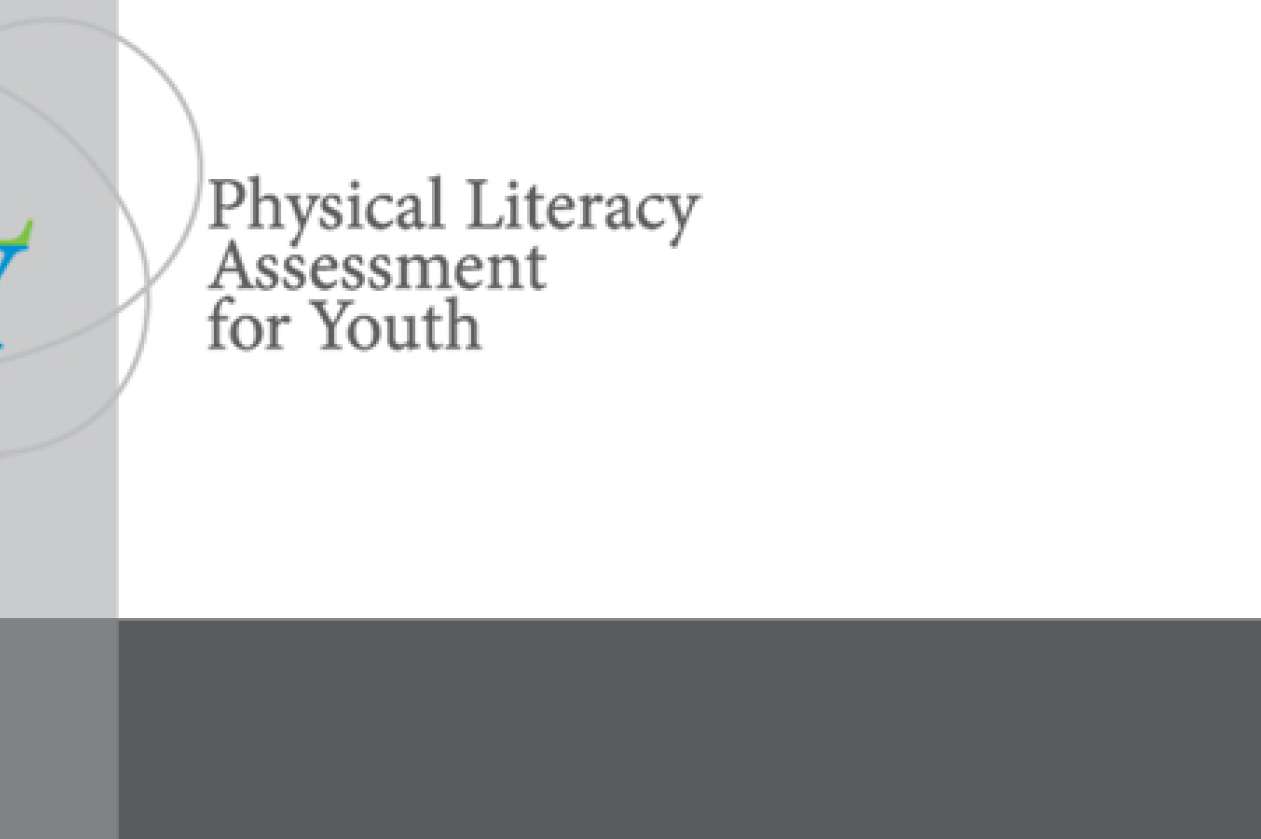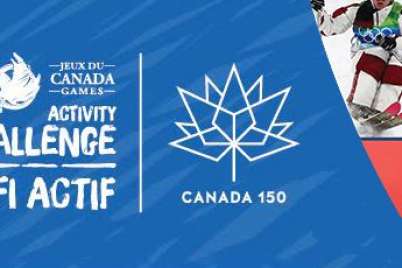
Newly released PLAY tools to assess physical literacy in children are a Canadian first
In an event at the International Physical Literacy Conference today, Canadian Sport for Life (CS4L) revealed its Physical Literacy Assessment for Youth (PLAY) tools.
In announcing the assessment measures, Dr. Dean Kriellaars said that the concept of physical literacy is catching like “wildfire”. But it’s not enough.
“We need to put physical literacy on an equal footing with numeracy and literacy,” he said at the Banff Centre where the conference is being held.
“We have had the message long enough: eat well and exercise regularly. But there’s far too little activity and far too much food,” said the University of Manitoba researcher and outspoken advocate of physical literacy.
Physical literacy is a way to build an active world, he added. Which is where the suite of tools that make up PLAY, which Kreillaars designed, comes in. Each assessment tool was created to be used by a particular group:
- PLAYparent: For parents of school-aged children to determine their child’s level of physical literacy
- PLAYcoach: For coaches to establish the level of physical literacy in children.
- PLAYfun: For coaches and physical activity professionals who are knowledgeable about fundamental movement skills, this is a formal assessment of a child’s locomotor, object control, and balance skills.
- PLAYself: For children to self-assess with the help of a knowledgeable adult
It’s the first time in Canada that parents, coaches, educators, and athletes have had a simple test that they can use to determine the level of physical literacy in a child.
The various PLAY tools also work together to provide a complete assessment of an individual child’s physical literacy.
The simple paper-and-pencil tests provide a physical literacy score for the child being assessed. That number is the overall measurement of a child’s level of physical literacy. And more than just establish how physically literate a child is, the PLAY tools also provide guidance in how parents and coaches can help children to further develop their physical literacy.
Children who are physically literate are more physically active and healthier. Research indicates physically literate kids also do better in school.
PLAY tools are now available for download at CS4L.





